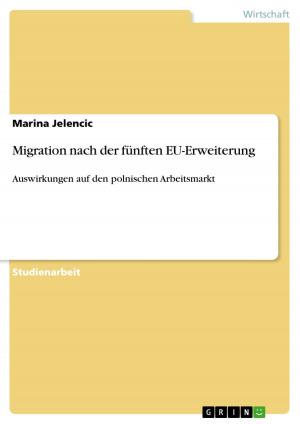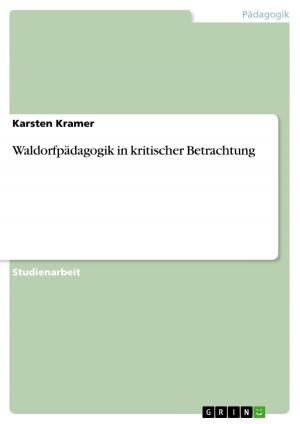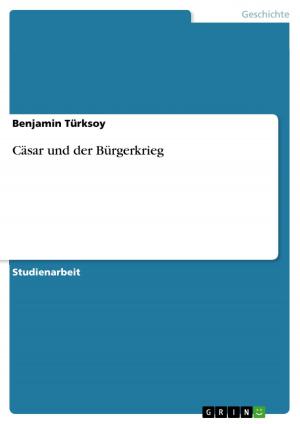Realisation of Monitoring and Control over Municipalities in European Countries
Nonfiction, Reference & Language, Law| Author: | Wolfgang Tiede | ISBN: | 9783640881062 |
| Publisher: | GRIN Verlag | Publication: | March 31, 2011 |
| Imprint: | GRIN Verlag | Language: | English |
| Author: | Wolfgang Tiede |
| ISBN: | 9783640881062 |
| Publisher: | GRIN Verlag |
| Publication: | March 31, 2011 |
| Imprint: | GRIN Verlag |
| Language: | English |
Project Report from the year 2007 in the subject Law - Miscellaneous, , language: English, abstract: In many countries within the European Union Municipalities have certain powers and responsibilities to exercise politics on communal level. However, at the same time they are either bound to particular orders and instructions or supervised by equated as well as higher-ranking institutions. It is questionable whether Municipalities can act independently while monitored and controlled by other organs. On the contrary, one can assume that because of this supervision Municipalities at least do not have the possibility to infringe laws and disobey orders which in the end is what is necessary for a State to be functioning. This elaboration gives examples of three Member States of the European Union which have similar ways to monitor and control the lowest level in the political structure of a State. The focus lies on Germany whose rules concerning supervision and control are set out in a rather detailed way. It follows an overview of the regulations in Austria and a brief glimpse into the situation in Finland.
Project Report from the year 2007 in the subject Law - Miscellaneous, , language: English, abstract: In many countries within the European Union Municipalities have certain powers and responsibilities to exercise politics on communal level. However, at the same time they are either bound to particular orders and instructions or supervised by equated as well as higher-ranking institutions. It is questionable whether Municipalities can act independently while monitored and controlled by other organs. On the contrary, one can assume that because of this supervision Municipalities at least do not have the possibility to infringe laws and disobey orders which in the end is what is necessary for a State to be functioning. This elaboration gives examples of three Member States of the European Union which have similar ways to monitor and control the lowest level in the political structure of a State. The focus lies on Germany whose rules concerning supervision and control are set out in a rather detailed way. It follows an overview of the regulations in Austria and a brief glimpse into the situation in Finland.















